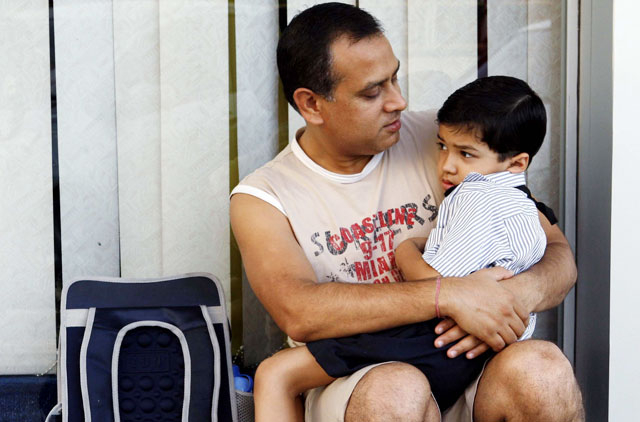Last week I was invited to conduct a presentation on life skills for a group of pre-teens and teenagers. The topic I discussed was beliefs and what they thought about themselves. We discussed positive as well as negative beliefs, and how they played a part in their lives.
Beliefs are like guiding principles that we form in early childhood as a result of our experiences or the environment we live in. They are the filters through which we perceive the world. Positive beliefs help us achieve our goals while negative beliefs keep us from doing so. Beliefs are not always based on logic. They are a feeling of “knowing” about something. When you already have a belief there’s no room for a new one unless you weaken the old one first.
When I asked these children about the negative beliefs they had of themselves, I was not surprised by what they said ... I was taken aback by the number of children who responded. More than 80 per cent of the girls expressed negative beliefs around their bodies as compared to their friends’ and peers’ (versus 20 per cent of boys.)
“I am not as thin as my friends.”
“My colour is much darker than others.”
“I am shorter than my classmates.”
“My glasses make me look like a nerd.”
“I get easily tanned compared to others.”
“I am not pretty.”
“I have fat arms.”
“I am too skinny.”
I am at a loss as to the propensity of the negative body-related beliefs that have infiltrated the minds of these young ones. What I know for a fact is the detrimental effect of these beliefs. We are seeing a rise in the cases of young girls suffering from anorexia, bulimia and purging disorders, and the reason is their belief about how their body is and needs to be.
Fact:
Teens and young adults between the ages of 12 and 26 make up 95 per cent of those who have eating disorders.
Anorexia is the most common cause of death (up to 12 times higher than any other condition) among young women ages 15 to 24.
These young girls have either gleaned information from media, movies and various cosmetic products around them or they are influenced by what is spoken about at home. I as a mother have also been guilty about talking about my body and diets in front of my children.
The way forward is not so much about asking your child to stop thinking about their body or what they “imagine” is the problem with it, it is about helping them get out of their body image. It is about redefining their beliefs on what is important and what is not, what they need to let go and what they need to truly believe about themselves.
Last week’s group presentation was an eye-opener and a reality check. We as parents need to help our children focus their attention on more meaningful subjects than their bodies, which will bear the brunt of time, disease and accidents.
We need to have deeper discussions around the beliefs and values we want our children to inculcate, including kindness, empathy and caring.
The focus needs to be on each child’s innate abilities and what he brings to world by being his unique self — in mind, body and spirit, because we are the sum of all three. No one element overrides the others.
If you want to learn ways to communicate to your child so that they inculcate the right beliefs and values, join for FREE: Athena’s 7-Day Challenge starting November 2 by sending an e-mail at sunainathena@gmail.com
This is an interactive column on parenting skills and child behaviour. If you have a query, write to tabloid@gulfnews.com
— Sunaina Vohra is a certified Youth and Family Life Coach at Athena Life Coaching in Dubai. For more information log on to www.athenalifecoaching.com or call (+971) 56-1399033.










